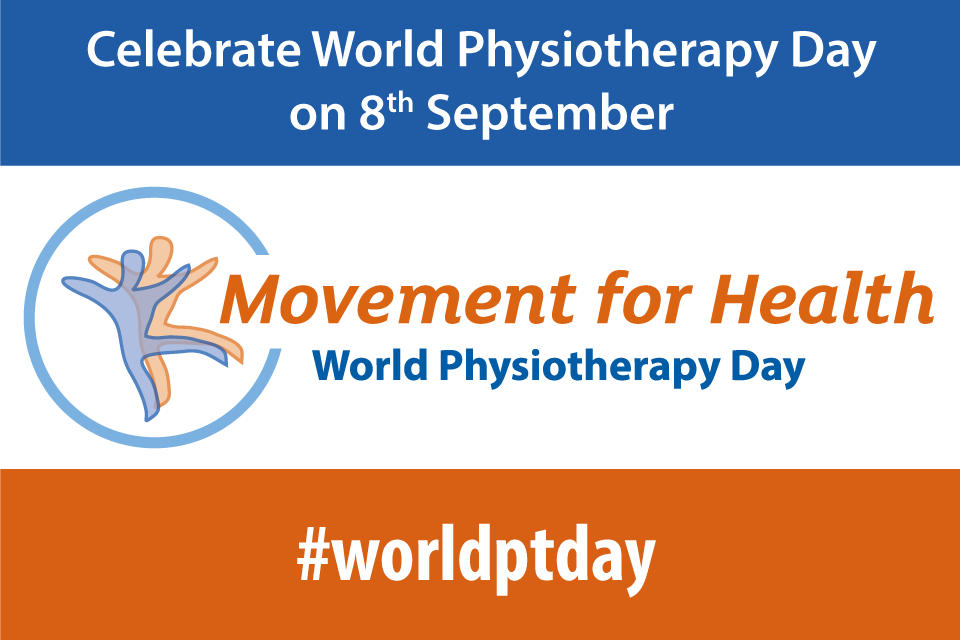The 8th of September marks World Physiotherapy Day and it is an opportunity for chartered physiotherapists to raise awareness about the contribution the profession makes to keeping people fit, mobile and independent. The theme for 2019 is Chronic Pain.
What is Chronic Pain?
Chronic, persistent or long-term pain is pain that continues for more than three months. It is usually defined as pain that persists beyond the normal time that tissues take to heal following injury. Chronic pain serves no biological purpose as it is not related to the threat of tissue damage unlike acute pain you get with trauma i.e. stubbing your toe. It is considered a disease state and can persist for months or years. It is a significant global health burden and across the globe low back pain causes more disability than any other condition. The main causes and conditions of chronic pain are low back pain, neck pain, rheumatoid arthritis, osteoarthritis, shoulder pain, headaches, cancer, fibromyalgia.
How does physiotherapy help with Chronic Pain?
Physiotherapy helps people with chronic pain develop the skills they need to manage and take control of their condition, increase their activity and improve their quality of life. There are many benefits of exercise for chronic pain including;
- Maintaining flexibility and movement
- Helps to build and keep muscle tone therefore improving strength
- It’s important for cardiovascular health
- It improves mood and general wellbeing
Chronic Pain – the myths debunked!
- A scan will give me a diagnosis – FALSE – Although an x-ray or MRI scan may occasionally be helpful, findings such as disc degeneration, arthritis, disc bulges are common in the pain free population and are not necessarily the reason for your pain.
- I am causing damage if it hurts – FALSE – the level of pain experienced is often a poor measure of the injury or tissue damage. Even if an activity is painful, it is not an accurate sign of doing harm. A chartered physiotherapist can help develop a programme for you to move safely.
- Bending and lifting will make my low back pain worse – FALSE – it may be painful to bend and lift with back pain but developing the mobility and strength to bend and lift is important. Many types of exercise including weight training can bring long term benefits.
- I should stay in bed and rest – FALSE – Returning to movement and work is better for recovery and preventing recurrence than bed rest. Immobility and bed rest for more than two days have never been shown to be beneficial.
- Strong painkillers (opioids) will help to manage my pain – FALSE – Solutions that focus on opioids to managing pain at best mask people’s physical problems and delay or impede recovery and at worst may prove to be dangerous or even deadly.
- Surgery is my only chance of improvement – FALSE – Surgery has a very limited role if any in the management of low back pain. Only about 1-5% of low back pain is caused by serious disease or injury which may require surgery.
- My pain and limited function mean there is nothing I can do – FALSE – People who catastrophise about the meaning of pain become trapped in a vicious cycle of avoidance behaviours, pain and disability. A chartered physiotherapist can help interpret pain and use exercise to break the cycle and reduce pain.

